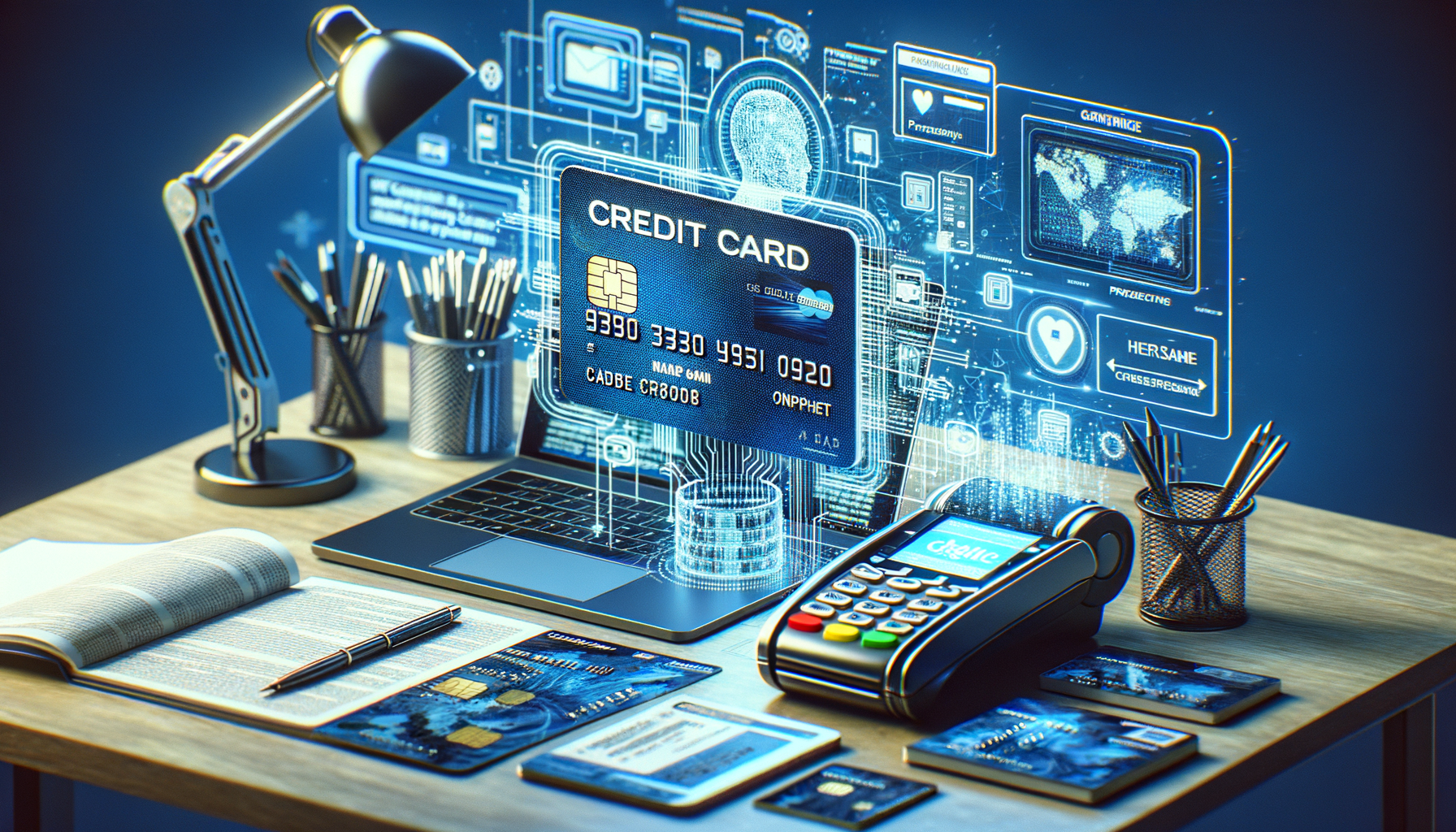Introduction to Credit Cards
In today’s fast-paced world, credit cards have become an integral part of our financial toolkit. They offer convenience, security, and a myriad of benefits that can enhance our purchasing power. Understanding how credit cards work is essential for managing your finances effectively and making informed decisions. This article delves into the various aspects of credit cards, exploring their features, benefits, and potential pitfalls.
How Credit Cards Work
Credit cards function as a line of credit, allowing you to borrow money up to a certain limit to make purchases or withdraw cash. When you use a credit card, the issuer pays the merchant on your behalf, and you repay the issuer later. This repayment can occur either in full, avoiding interest charges, or over time with interest.
Key components of a credit card include:
- Credit Limit: The maximum amount you can borrow.
- Interest Rate: The cost of borrowing money, usually expressed as an annual percentage rate (APR).
- Minimum Payment: The smallest amount you need to pay to keep your account in good standing.
Understanding these elements can help you use credit cards wisely, avoiding debt accumulation and maintaining a healthy credit score.
Benefits of Using Credit Cards
Credit cards offer numerous benefits that can significantly enhance your financial flexibility. Some of the notable advantages include:
- Convenience: Credit cards are widely accepted, making them a convenient payment method for both online and offline purchases.
- Security: They provide protection against fraud and unauthorized transactions, often offering zero liability for unauthorized charges.
- Rewards Programs: Many credit cards offer rewards in the form of cashback, points, or miles, allowing you to earn benefits on your spending.
- Credit Building: Responsible use of credit cards can help you build a positive credit history, which is crucial for obtaining loans and favorable interest rates in the future.
These benefits make credit cards a valuable tool when used responsibly, helping you manage finances effectively and even save money.
Potential Pitfalls of Credit Cards
While credit cards offer many advantages, they also come with potential pitfalls. It’s important to be aware of these to avoid financial difficulties:
- High-Interest Rates: Carrying a balance can lead to high-interest charges, increasing your debt over time.
- Debt Accumulation: Overspending can quickly lead to debt, especially if you only make minimum payments.
- Impact on Credit Score: Late payments or maxing out your credit limit can negatively affect your credit score.
- Fees: Some credit cards come with annual fees, foreign transaction fees, or late payment fees that can add up.
Being mindful of these pitfalls and managing your credit card use can help you avoid financial stress and maintain a healthy financial profile.
Tips for Responsible Credit Card Use
To make the most of your credit card while avoiding potential issues, consider the following tips:
- Pay in Full: Whenever possible, pay your balance in full each month to avoid interest charges.
- Monitor Spending: Keep track of your spending to ensure you stay within your budget.
- Understand Your Terms: Familiarize yourself with the terms and conditions of your credit card, including interest rates and fees.
- Use Rewards Wisely: Take advantage of rewards programs by using your credit card for planned purchases and paying off the balance.
- Check Statements Regularly: Review your statements for any unauthorized charges and report them immediately.
By following these tips, you can use credit cards to your advantage, enhancing your financial health and achieving your financial goals.




Leave a Reply